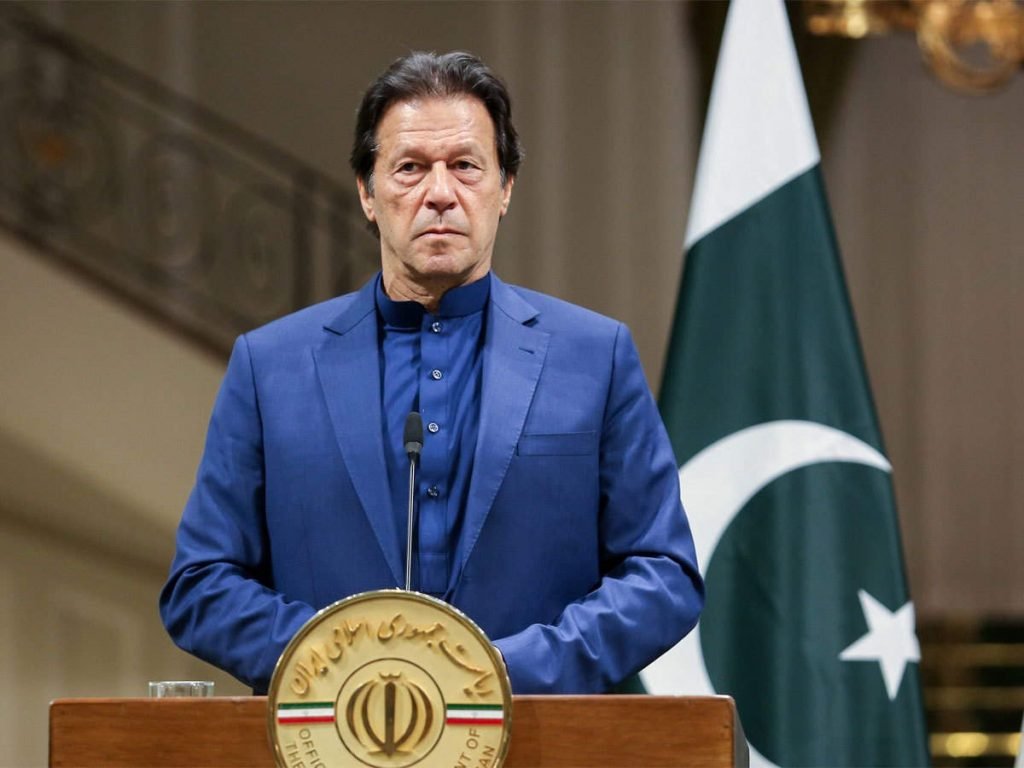Pakistan’s Name Will Remain In FATF Gray List
Pakistan’s name will remain in FATF gray list, UAE also included.
The Financial Action Task Force (FATF) in the French capital Paris made an important announcement on the last day of the meeting on Friday regarding Pakistan being included in its gray list.
According to this, the name of Pakistan will not be removed from this list, but it will remain in the gray list till June 2022.
In fact, they say that Pakistan has not yet met some of the targets given under the additional criteria.
Pakistan has been on the gray list of FATF since June 2018 for the non-fulfillment of conditions related to terror financing and money laundering.
Let us inform you that this four-day meeting of FATF started on March 1.
Apart from this, the global financial watchdog has also put the United Arab Emirates (UAE) on its gray list. According to Pakistani officials, his country will fulfill all the conditions of FATF by 2023.
In October 2021, the FATF retained Pakistan in the gray list till January 2022 for not fulfilling four of the 34 conditions.
Then the FATF had said that Pakistan has been negligent in investigating and getting punishment for terror financing against the top leaders of terrorist groups banned from the United Nations.
The name of Pakistan came into the gray list in 2018.
Pakistan’s name was put on the gray list in June 2018. Pakistan could not get any relief even in the review conducted in October 2018, 2019, 2020, April, and October 2021.
Because it has failed to act on the recommendations of the FATF.
During this, terrorist organizations in Pakistan have received financial help from abroad and domestically.
The US black list includes Iran and North Korea, which have a lot of trouble getting investments from outside and doing international business.
China’s economy will lag behind India, President Xi Jinping himself expressed the fear of a reduction in GDP growth rate
China’s economic momentum is now going to get a setback as compared to India. Global events are now having an impact on the economic growth of the neighboring country.
The Chinese government has reduced its economic growth forecast for this. Chinese President Xi Jinping said on Saturday that his government has targeted slowing economic growth of about 5.5% this year.
Domestic headwinds, including a slowdown in the country’s sprawling real estate sector and lower consumption, have given the world’s second-largest economy a setback.




